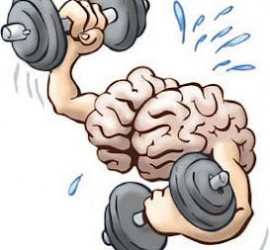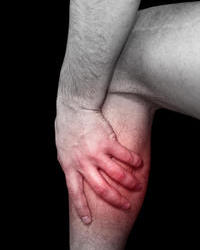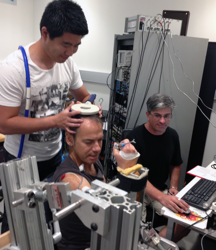Why does motor performance decline with aging?
Populations in many countries are aging as the proportion of people over 65 years is projected to increase over the next 30-40 years. Aging however, is accompanied by a reduced ability to perform daily tasks such as walking, rising from a chair and climbing stairs, ultimately impacting independence of living. […]





